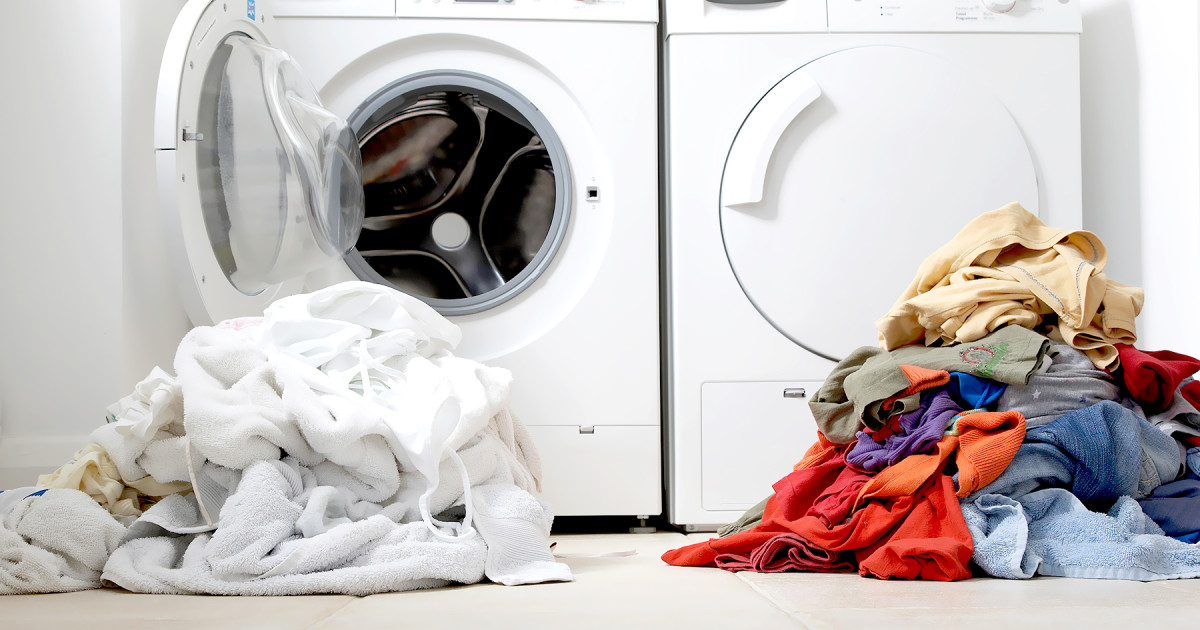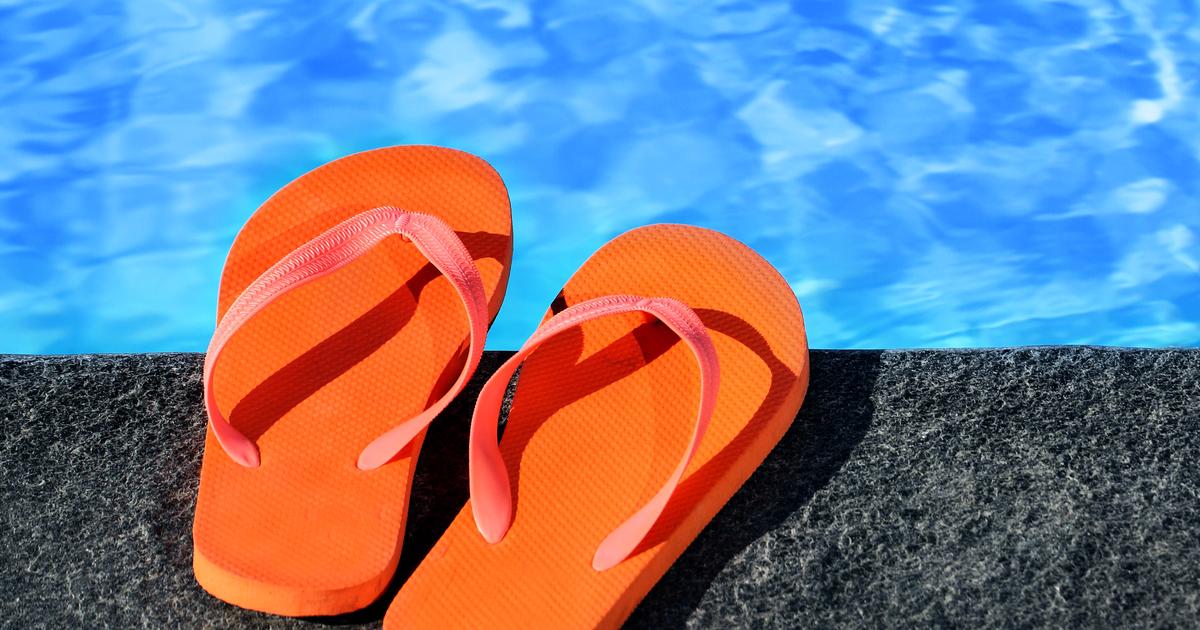How To Prevent And Treat Ringworm
Don't Share Personal Items And Clothing

Since household items are easily contaminated by fungal infections, doctors suggest patients don't share personal items and clothing. For example, patients should never share clothing with a person known to have ringworm. Even items like jackets, hats, and socks should not be shared. Patients should also avoid sharing bed linens, towels, washcloths, and loofahs with others. Since ringworm can affect the scalp, hairbrushes should not be shared.
Patients should not borrow clothing, personal items, or hairbrushes from others. If a shared item has been accidentally used, patients should monitor their skin for signs of ringworm over the next two weeks. Shared items will need to be thrown away as they cannot be properly disinfected. Family members of a patient with ringworm may want to create a separate box for that individual's clothing and personal items, and these should be washed separately.
Wear Shoes Or Sandals In Lockers Rooms And Public Pools

Many cases of ringworm on the feet (athlete's foot) are contracted when patients walk barefoot through community gyms, shower spaces, locker rooms, or pools. For this reason, health experts suggest individuals wear shoes or sandals in lockers rooms and public pools. Open-toed shoes such as sandals or flip-flops offer valuable protection against this infection, and closed-toed shoes like sneakers are also beneficial. Patients should wear shoes even if the area in which they are walking appears clean; keeping an extra pair of shoes or flip-flops in a gym locker could be helpful. If the patient forgets their shoes or sandals, socks will provide at least some protection as long as they remain dry.
Waterproof shoes are available for use in the pool, and these should be allowed to air dry after each use. Pool shoes can typically be washed in the washing machine, and patients may want to wash their pool shoes at least once a month. For maximum protection against fungus, patients could consider leaving their locker room and pool shoes in a designated area at the front of their home so they don't track all of the germs from those environments into their carpet. Wiping the soles, sides, fronts, and backs of any gym or pool shoes with an antibacterial cleansing wipe is useful as well.
